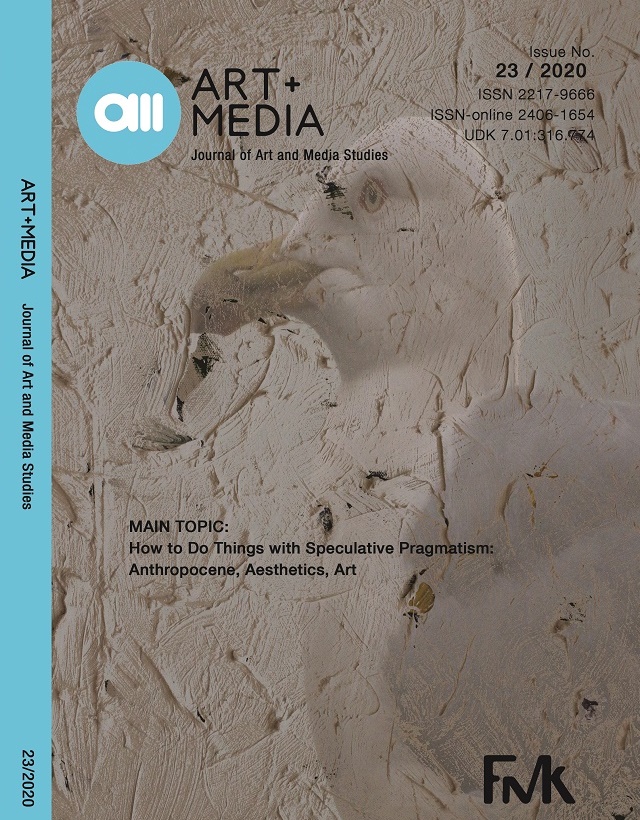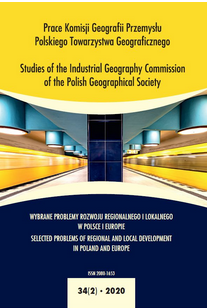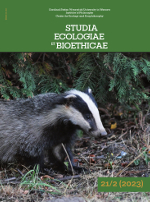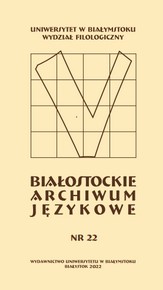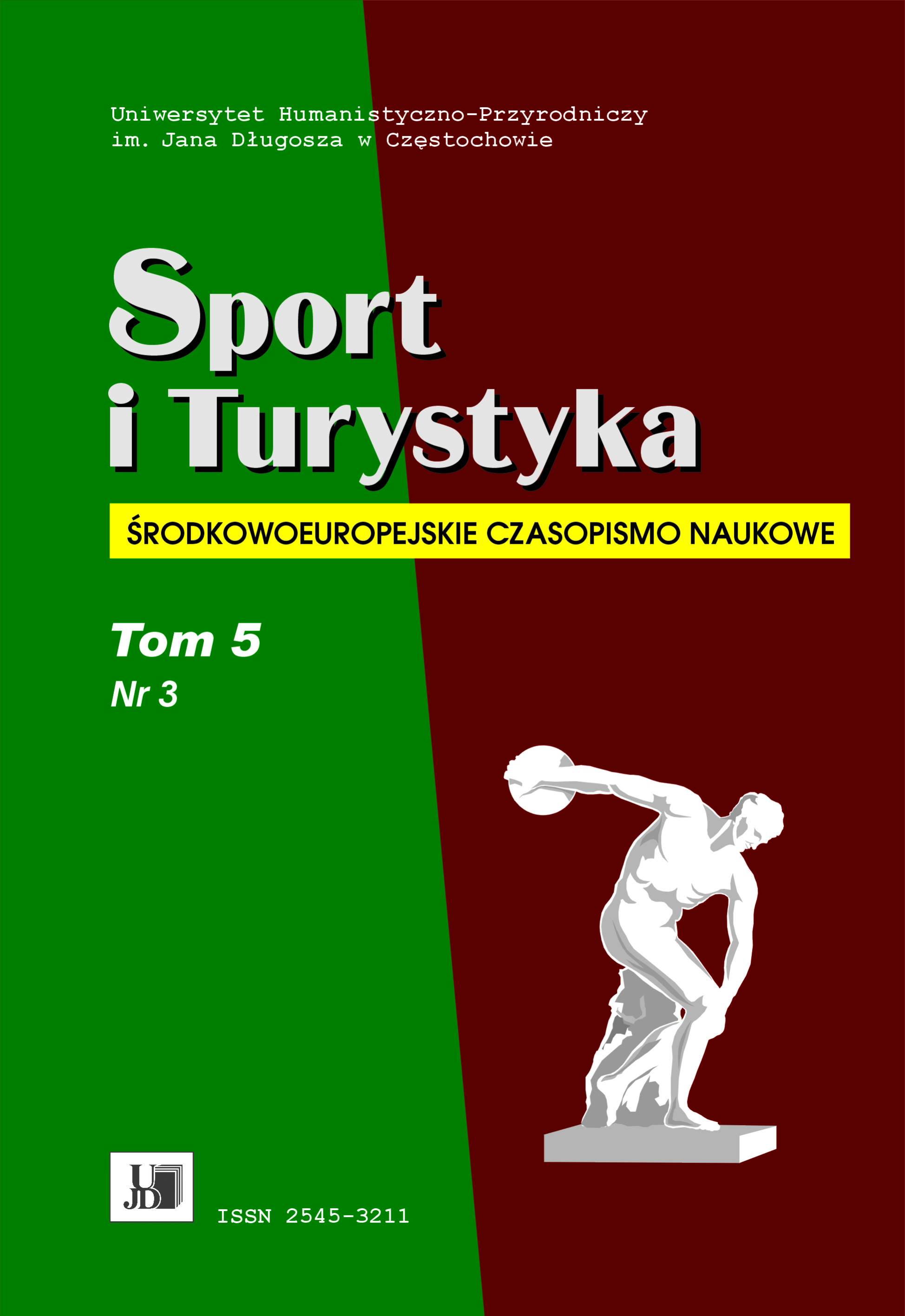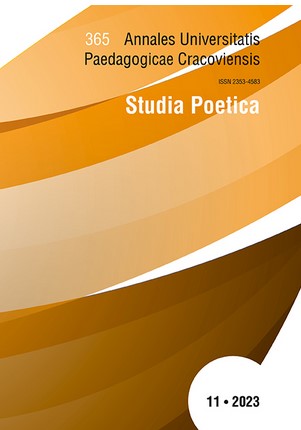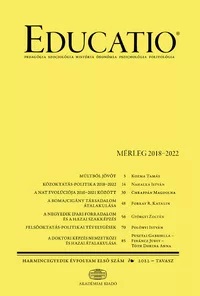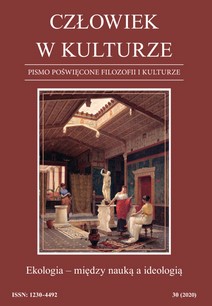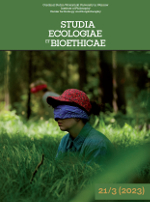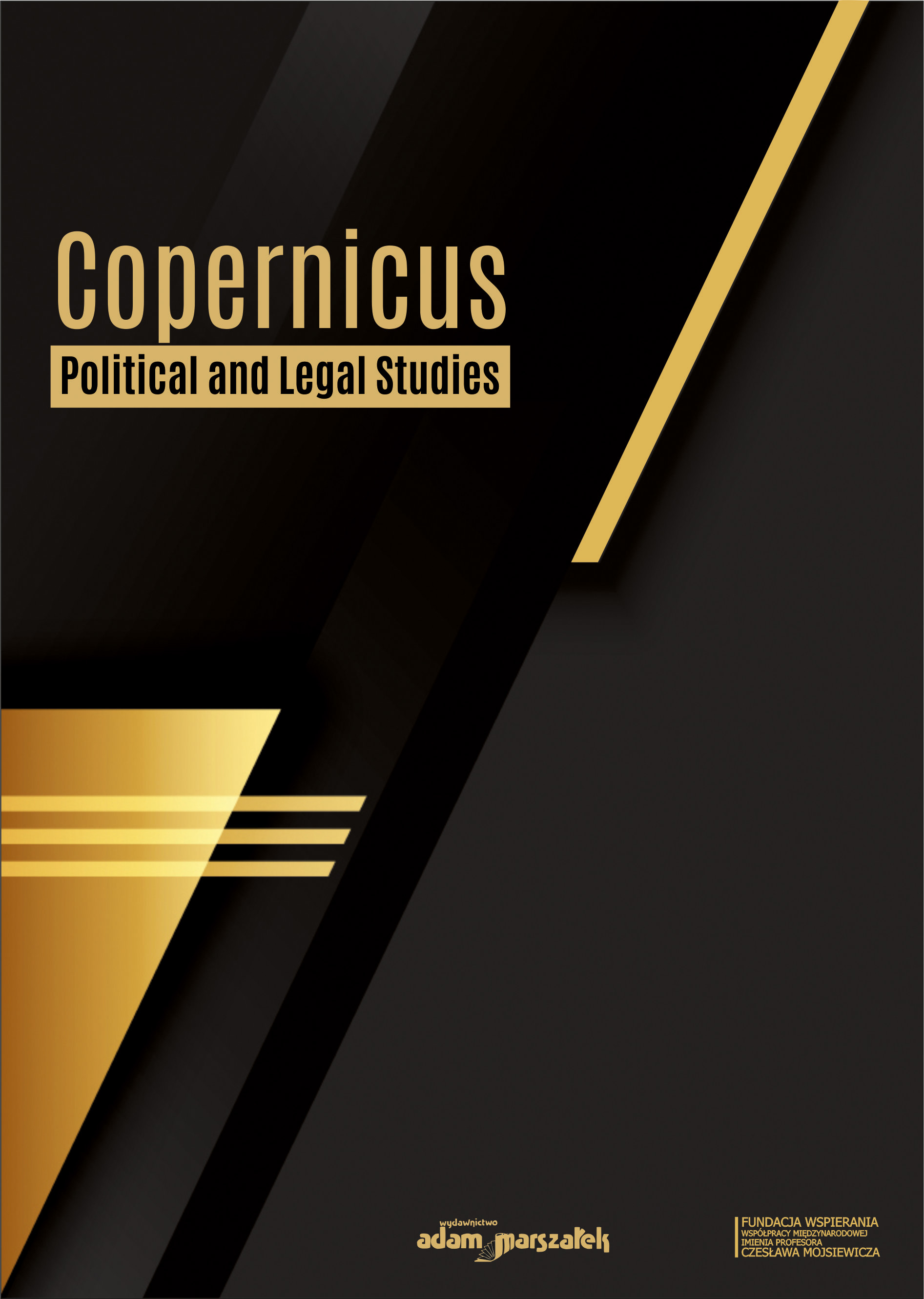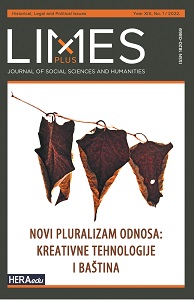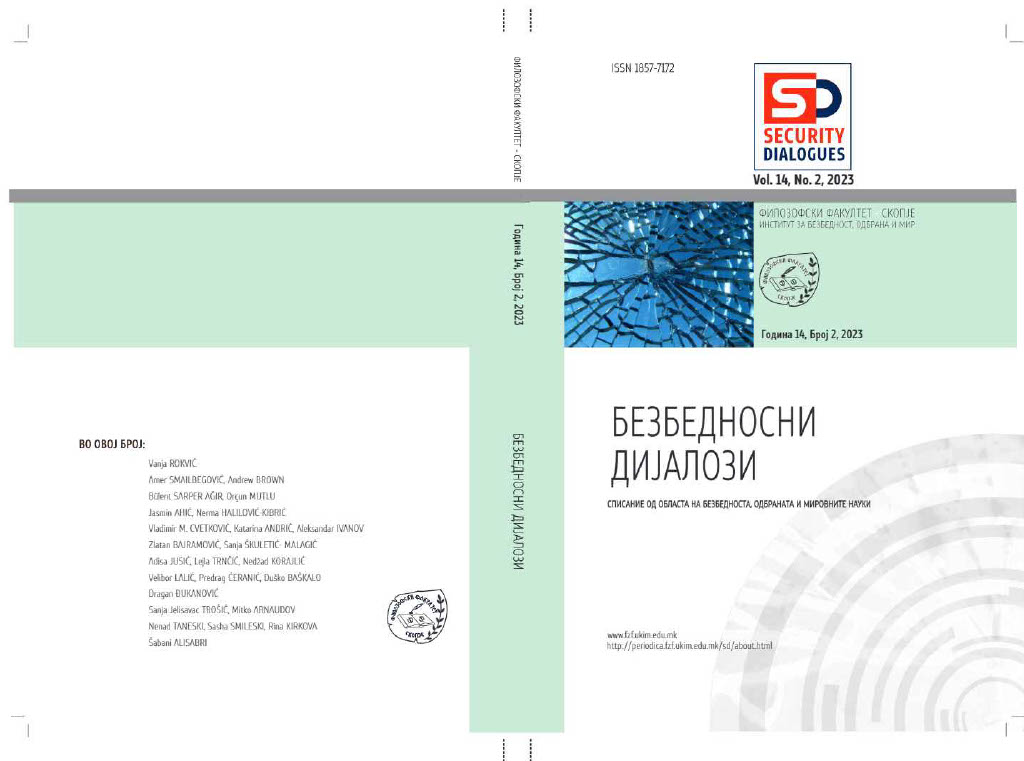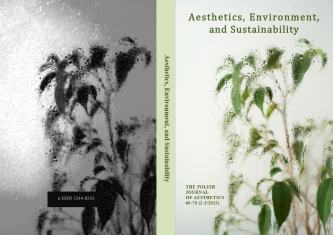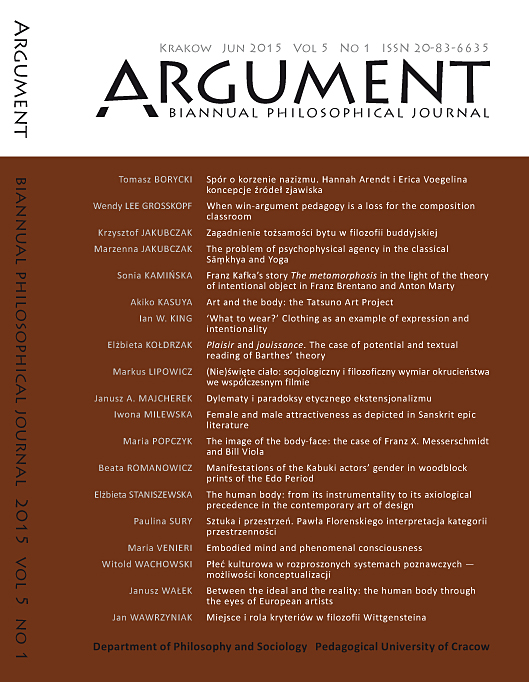
Dylematy i paradoksy etycznego ekstensjonalizmu
The principal postulate of environmental ethics is to include animals, or even all living entities, in the moral universe. However, questions include: Does this equally concern rats, mice, mosquitoes, bugs, parasites and other creatures which are dangerous for people’s health and life? If not, what are the criteria for selecting protected living beings and unprotected ones? Aren’t such criteria anthropocentric, and contrary to the biocentric assumptions of environmental ethics? Do the differences between the assumptions of environmental ethics and human ethics affect the particular rules of these two kinds of ethics, demanding different kinds of behaviour (towards human and towards nonhuman beings)? How should we appraise people who respect one kind of ethics, but break the other? Could we recognize those who live and act accordingly to the ethics of respect for nature, but don’t respect human rights, as ethically good? And do animals have rights in the same way as human beings? Are they the same rights, or different rights? And if they are different, should they nonetheless have ethical sources and foundations? These are some of the main dilemmas of environmental ethics which are considered in this article.
More...
